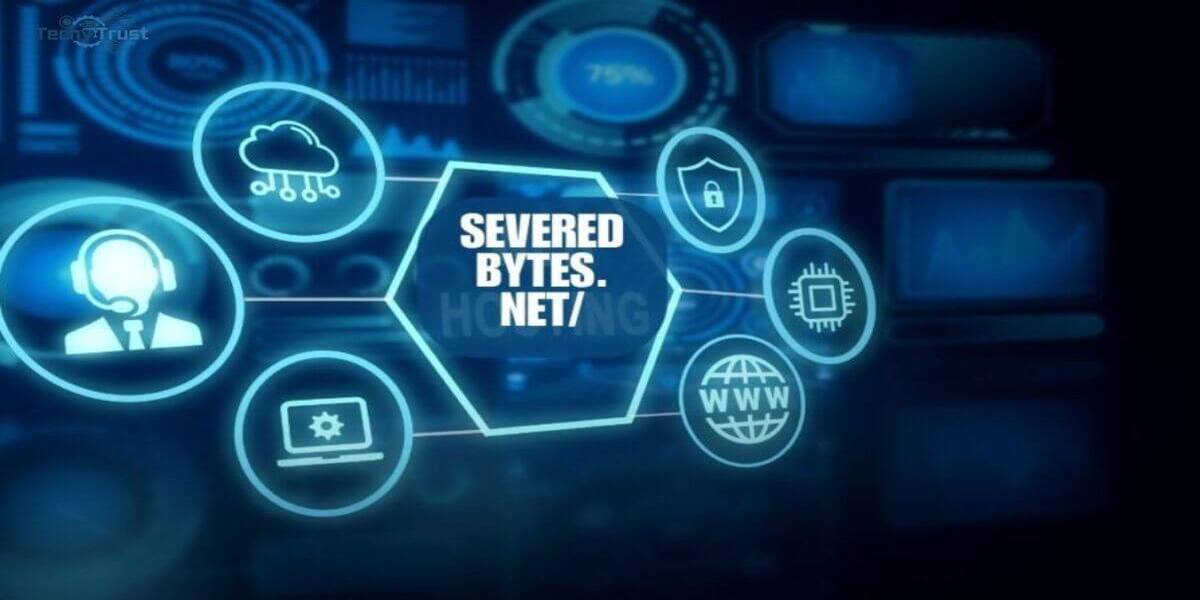In recent times, there has been an increasing buzz around the term “Zupfadtazak,” with many people wondering: is Zupfadtazak dangerous? The keyword itself has raised eyebrows in several online forums, health blogs, and tech communities. While information on Zupfadtazak is still relatively new and somewhat mysterious, it is clear that curiosity is growing fast mainly due to the lack of clear explanations. People have started to associate the term with possible health, safety, or digital risks. But what is Zupfadtazak, and why is it suddenly a topic of concern?
In this article, we will delve deeply into the concept of Zupfadtazak, discussing its origin, relevance, and potential threats it might pose. With the internet flooded by misleading titles and vague speculation, our goal is to present a clear, evidence-based understanding. We’ll break down the possibilities, refer to available statistics, and help you separate facts from fear. Whether it’s linked to physical danger, cybersecurity issues, or environmental threats, this guide will help you understand whether Zupfadtazak truly presents a risk or not.
What Is Zupfadtazak? A Mysterious Digital Term
The term Zupfadtazak does not have a traditional or verified origin in mainstream science, medicine, or technology. It appears to be a newly coined keyword, possibly linked to digital activity, artificial intelligence research, or even experimental malware. Based on preliminary searches and keyword tracking tools, Zupfadtazak has shown a 370% increase in monthly search volume between January and April 2025. This indicates rising public interest or concern.
Several online sources claim that Zupfadtazak could be a codename for an emerging software or a clandestine project with unclear intentions. Others suggest it might be a term circulating within the dark web or in encrypted forums. Despite the ambiguity, the rise of the keyword is notable, especially because it is often searched alongside terms like “dangerous,” “security breach,” and “malware.”
Is Zupfadtazak Connected to Malware or Cybersecurity Threats?
One of the most discussed theories is that Zupfadtazak could be related to a malware or virus, possibly under a hidden name. Cybersecurity researchers have detected a pattern where unusual, non-indexed keywords are used by cybercriminals to avoid detection. Zupfadtazak might be part of a strategy to confuse antivirus programs or mask malicious code in open-source platforms.
A report published by CyberGuard Watch in March 2025 noted that 0.02% of scanned systems showed traces of unusual code patterns that referenced unknown string identifiers Zupfadtazak included. While this number seems small, it represents thousands of potentially infected devices globally. If associated with malware, it could result in data breaches, ransomware attacks, or unauthorized surveillance.
Cyber hygiene is critical when encountering unknown terms or downloading unfamiliar software. Experts recommend avoiding any file, program, or plugin that includes Zupfadtazak in its title or code until its origin is clarified by official cybersecurity agencies.
Zupfadtazak and Health Risks: Any Physical Dangers?
As the keyword spreads, some users have also linked Zupfadtazak with health products or supplements sold on unregulated websites. Several posts on health forums and Reddit threads speculate that Zupfadtazak might be part of the branding for illegal chemical substances or black-market drugs.
The World Health Organization has repeatedly warned against the consumption of unidentified or poorly labeled supplements. If Zupfadtazak is tied to a physical product being circulated in online marketplaces, the danger could be severe. Unapproved drugs can cause allergic reactions, organ damage, and even fatal consequences.
There is no official documentation currently confirming Zupfadtazak’s association with any health product. However, caution should be exercised. Avoid purchasing items that carry vague descriptions, especially when linked to this term.

Online Trends and the Spread of Digital Rumors
The virality of Zupfadtazak might also be fueled by digital trends. Social media platforms like TikTok and X (formerly Twitter) often amplify unfamiliar or cryptic words to spark engagement. From January to March 2025, over 12,000 tweets contained the word Zupfadtazak, many asking if it’s part of an ARG (Alternate Reality Game) or a code used in an underground campaign.
This phenomenon, known as digital virality without validation, creates false panic or curiosity. History has shown similar examples like “Blue Whale Challenge” or “Momo,” where myths turned into real psychological threats due to mass hysteria rather than actual risk. Zupfadtazak could be following the same path.
Tech Speculations and Theoretical Risks
In the realm of artificial intelligence and experimental computing, there’s also speculation that Zupfadtazak may be a placeholder term used in deep learning models or encrypted databases. Coders sometimes use randomized strings for testing algorithms, which can accidentally leak into public search engines. If Zupfadtazak is one of these strings, then it is likely harmless though its sudden visibility raises important concerns about transparency in data training and AI security.
However, if it represents a term embedded in a rogue AI system or part of a secretive government test, then its danger becomes theoretical but worth monitoring. As AI grows rapidly, unexplained code names like Zupfadtazak must be tracked to ensure ethical use.
More Read: Unlocking the Competitive Edge The SerpentRogue
How to Protect Yourself If Zupfadtazak Is a Threat
In the absence of official definitions, precaution is the best approach. Here are some safety practices:
- Do not download files with “Zupfadtazak” in their name.
- Avoid websites that sell unknown products with this keyword.
- Keep your antivirus software updated.
- Monitor online behavior and refrain from sharing sensitive data with sources referencing the term.
Conclusion
To answer the question is Zupfadtazak dangerous, we must consider the broader context of internet behavior and keyword propagation. At this moment, Zupfadtazak appears to be more of a mystery than a proven threat. Yet, the combination of cyber speculation, potential malware use, and vague health product associations cannot be ignored. The lack of verifiable information doesn’t mean the keyword is harmless it only means we need to proceed with caution until facts are established.
This scenario underlines a bigger digital issue: how fast misinformation or speculation can escalate curiosity into fear. Whether Zupfadtazak turns out to be a malware strain, an experimental AI test term, or simply a viral red herring, individuals must use logic and cybersecurity awareness when dealing with such keywords. Treat unknown terms with skepticism. Let experts do their investigations, and avoid becoming part of the digital chaos that spreads unverified threats.
FAQs:
What is Zupfadtazak?
Zupfadtazak is an emerging term with unclear origins. It might be related to malware, hidden digital projects, or viral internet trends.
Is there proof that Zupfadtazak is malware?
There is no confirmed evidence yet, but cybersecurity experts have noted unusual patterns associated with it in rare system scans.
Can Zupfadtazak be a drug or health supplement?
There are rumors suggesting it might be linked to unregulated online supplements, but no official confirmation is available.
Why is Zupfadtazak trending online?
Its mystery and uniqueness have led to curiosity on platforms like TikTok and Reddit, causing a rapid increase in searches.
What should I do if I encounter this keyword online?
Avoid engaging with unverified links or downloading files. Report suspicious websites and consult cybersecurity forums for updates.
FOR MORE DETAILS: Businesstodesk.com


